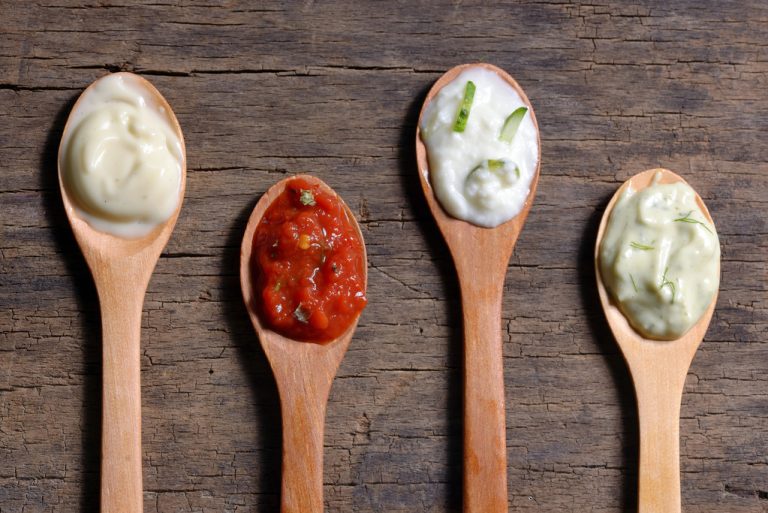Benzoic acid is a preservative that is often added to preserves. The additive extends the shelf life, but can also cause problems in larger quantities.

What is benzoic acid?
Benzoic acid is a food additive that must be declared on packaging with the number E210. Food manufacturers like to use benzoic acid as a preservative because of its antibacterial properties against yeast and bacteria.
Although benzoic acid is now synthetically produced, it has a natural origin. It occurs naturally in cranberries, raspberries, plums, cinnamon and cloves. Benzoic acid is also found in fermented milk products such as yoghurt or cheese. It is often added to foods together with sorbic acid so that mold formation is inhibited in addition to yeast and bacteria.
Examples of products to which benzoic acid is often added are:
soft and energy drinks
fruit and vegetable preserves
marmalades, marmalades, jellies
Sausage and fish preserves
sauces, ketchup, mustard

Is benzoic acid harmful to health?
The European Food Safety Authority (EFSA) estimates a daily intake of up to five milligrams of benzoic acid per kilogram of body weight as harmless to health. However, some people may be allergic to the additive. This often affects asthmatics, but also people who are allergic to painkillers.
Even non-allergic people should avoid consuming too much benzoic acid with food. Benzoic acid is used by our body and excreted with the urine. Nevertheless, high doses can lead to digestive problems and trigger abdominal cramps.
Products with ascorbic acid, such as soft drinks, can combine with benzoic acid to form the carcinogenic substance benzene. However, this amount is usually so small that it does not pose a health risk.
If you use organic food, you can easily avoid benzoic acid. The addition of benzoic acid is strictly prohibited here. Most foods can easily be preserved for a long time using traditional means, such as sugar in jam. Additional preservatives are superfluous in many cases. If you cook your own preserves or use organic food, you are not at risk of overdosing on benzoic acid.

